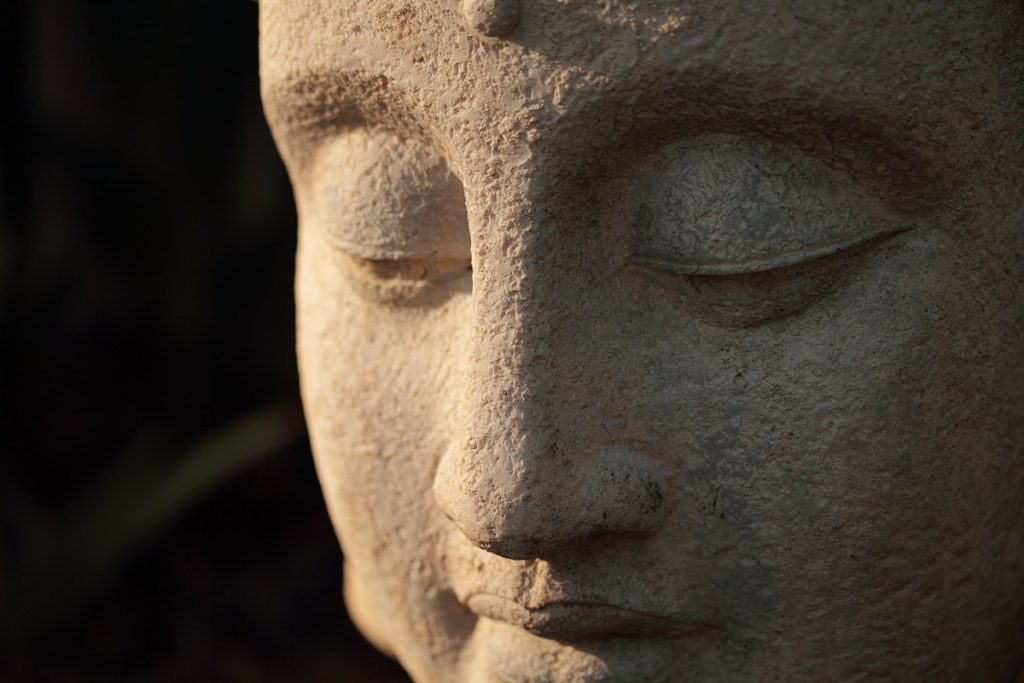The sense of psychological and spiritual well-being that comes from practicing forgiveness comes directly because this practice takes us to the edge of what we can accept. Being on the edge is challenging, wrenching, and transforming. The process of forgiveness demands courage and a continual remembering of where our deepest happiness lies. As Goethe said, “Our friends show us what we can do; our enemies show us what we must do.”
It is indeed a process, which means that as you do the reflections, many conflicted emotions may arise: shame, anger, a sense of betrayal, confusion, or doubt. Try to allow such states to arise without judging them. Recognize them as natural occurrences, and then gently return your attention to the forgiveness reflection.
The reflection is done in three parts: asking forgiveness from those you have harmed; offering forgiveness to those who have harmed you; and offering forgiveness to yourself. Sit comfortably, close your eyes, and let your breath be natural and uncontrolled. Begin with the recitation (silent or not, as you prefer): “If I have hurt or harmed anyone, knowingly or unknowingly, I ask their forgiveness.” If different people, images, or scenarios come up, release the burden of guilt and ask for forgiveness: “I ask your forgiveness.”
After some time, you can offer forgiveness to those who have harmed you. Don’t worry if there is not a great rush of loving feeling; this is not meant to be an artificial exercise, but rather a way of honoring the powerful force of intention in our minds. We are paying respects to our ultimate ability to let go and begin again. We are asserting the human heart’s capacity to change and grow and love. “If anyone has hurt or harmed me, knowingly or unknowingly, I forgive them.” And, as different thoughts or images come up mind, continue the recitation, “I forgive you.”
Related: Dharma Talk: The Power of Forgiveness: Forgiving Ourselves and Others
In the end, we turn our attention to forgiveness of ourselves. If there are ways you have harmed yourself, or not loved yourself, or not lived up to your own expectations, this is the time to let go of unkindness toward yourself because of what you have done. You can include any inability to forgive others that you may have discovered on your part in the reflection immediately preceding—that is not a reason to be unkind to yourself. “For all of the ways I have hurt or harmed myself, knowingly or unknowingly, I offer forgiveness.”
Continue this practice as a part of your daily meditation, and allow the force of intention to work in its own way, in its own time.
♦
From Lovingkindness by Sharon Salzberg © 1995 by Sharon Salzberg. Foreword © 1995 by Jon Kabat-Zinn. Reprinted by arrangement with Shambhala Publications, Inc. Boulder, CO. www.shambhala.com
Thank you for subscribing to Tricycle! As a nonprofit, we depend on readers like you to keep Buddhist teachings and practices widely available.
